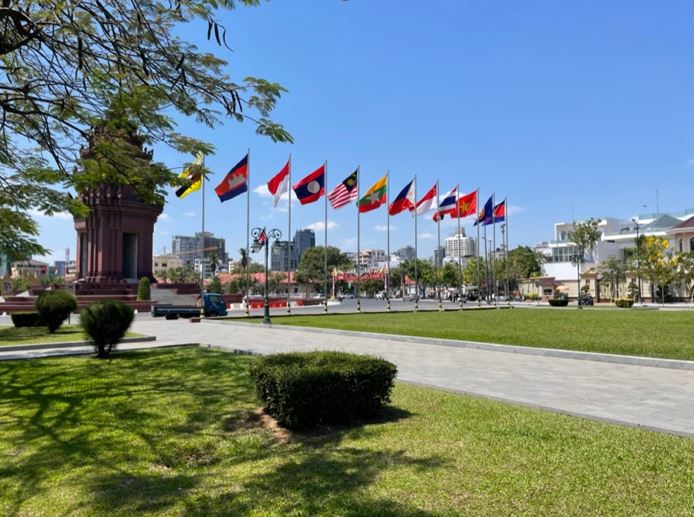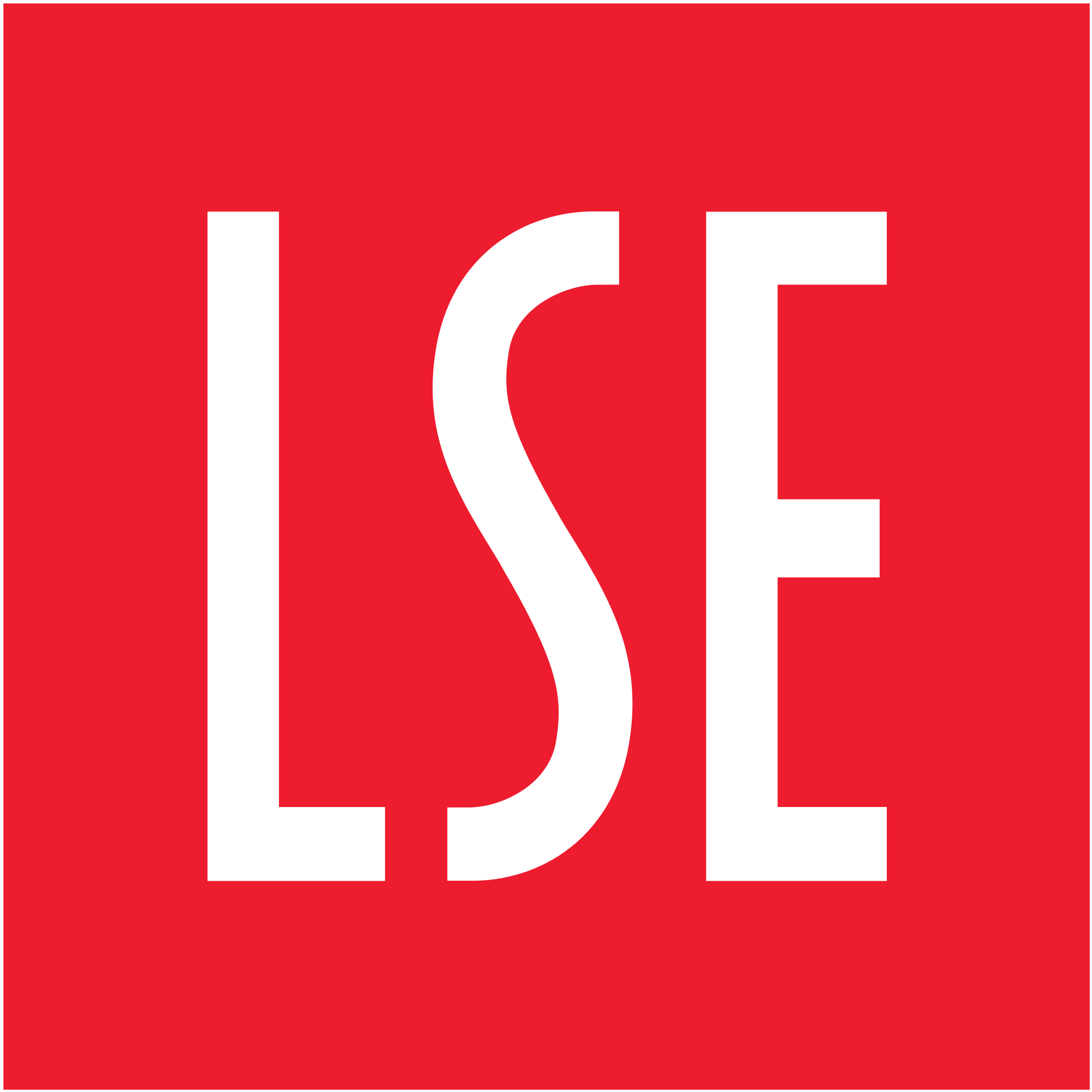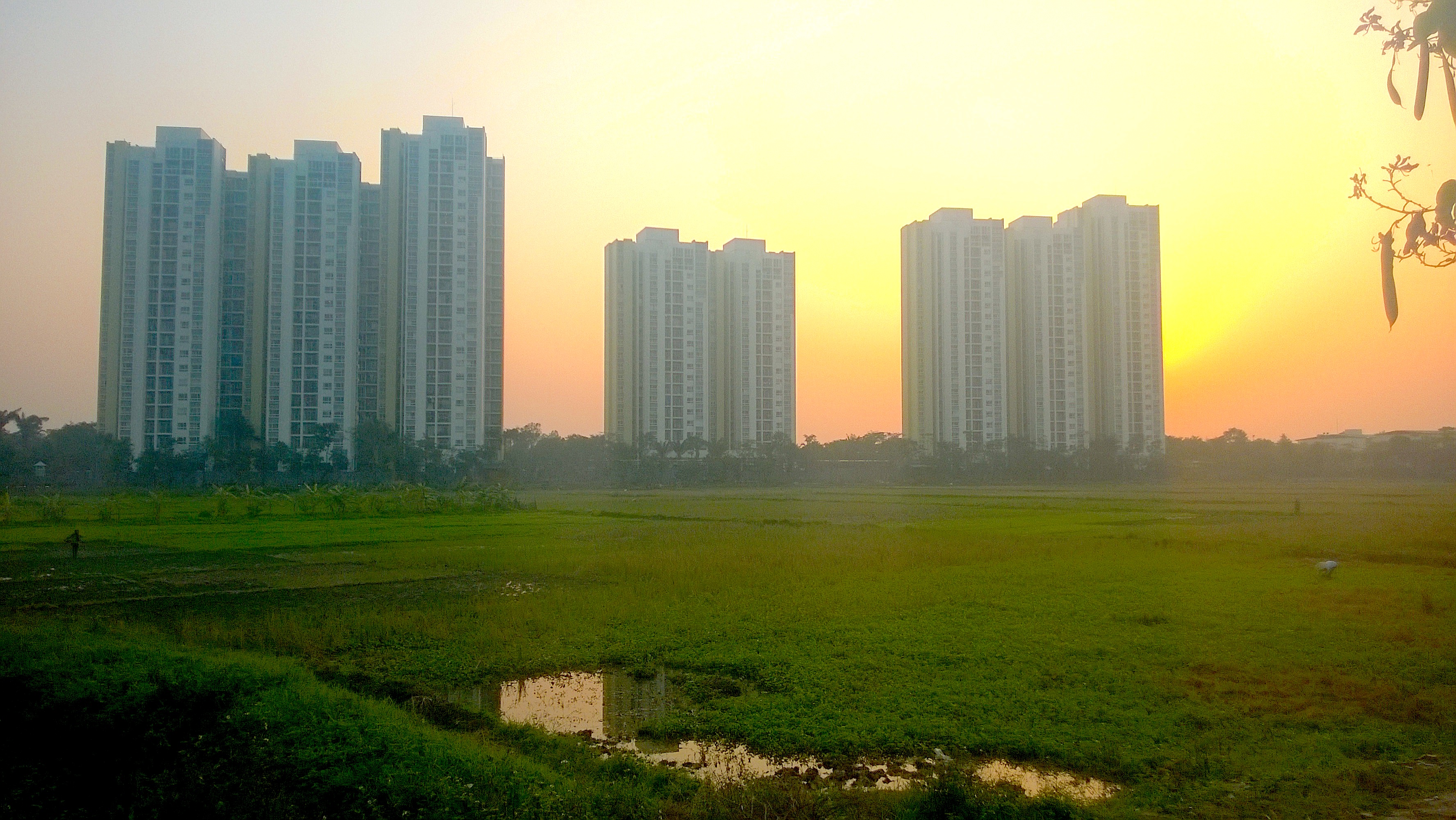This blog focuses on the lessons learned from conducting in-person fieldwork for a year during the pandemic in mainland Southeast Asia. While digital fieldwork was gaining traction, my field research experience re-enforced the immense advantage of being present in the local environment for understanding non-Western contexts. Navigating fieldwork amidst the uncertainty of the pandemic required creativity and interdisciplinarity in data collection strategies and brought networking and informal conversations to the foreground, writes Kathrin Reed.
_______________________________________________
How does one plan fieldwork when it is unclear if one will even be allowed to go into the field? This was the dilemma I was faced with in the early summer of 2021 when the American Embassy in Phnom Penh was evaluating if I and the other Fulbright students would be allowed to start our awards. This uncertainty turned out to be omnipresent through my year in Cambodia. When I finally arrived in Phnom Penh on the same evening that the night curfew was lifted in mid-August 2021, the streets were eerily empty as multiple police cars escorted our bus to the quarantine hotel. With a high vaccination rate, the country successfully re-opened to international tourism a few months later, and the re-instatement of in-person meetings and events soon followed.
Yet, the scene of hazmat suits, disinfectant machines, and flashing emergency lights became the backdrop to my fieldwork. I lost count of how many COVID-19 antigen tests I took. The momentum of my fieldwork felt like it was following the COVID-19 recovery process in the country, taking off at the same time as more and more abandoned buildings were being revitalized in the late spring and early summer of 2022. By the time I departed mainland Southeast Asia at the end of September, a “new normal” had finally settled in, which was a positive development for global research. At the same time, it also signalled to me the fact that my fieldwork was anything but ordinary.
On the one hand, conducting fieldwork abroad amidst gathering restrictions, office closures, and periodic outbreaks obviously limits the amount of data that can be collected. In my case, this was already a challenging endeavour to begin with due to the topic of my research, namely Cambodia’s contemporary foreign policy with its larger neighbours of Thailand and Vietnam and specifically the management of their territorial conflicts. On the other hand, the accompanying uncertainty enhanced my fieldwork in unforeseen ways. For context, I conducted about 50 in-depth interviews and carried out archival research at the National Archives of Cambodia and the library of the Center for Khmer Studies in Siem Reap. I also need to mention that I previously worked as a consultant for an international organization for six months in Cambodia in 2016 and 2017.
While my research does not apply ethnographic methods, the pervasive uncertainty meant that I had to seize the limited opportunities in the field. In most cases, this involved accepting that much of my time in Cambodia would entail activities outside the “official” data collection process of interviewing and archival research. This is, for example, how I came to hang out with Cambodian border guards at the disputed Preah Vihear temple on the border with Thailand, even eating with them and feeding the monkeys at their border post. My blog post therefore focuses on the lessons learned for in-person fieldwork in this new normal environment, including the importance of creativity, interdisciplinarity, networking, and informal conversations.
Creativity and Interdisciplinarity
The primary resource on field research in the discipline of political science defines it as “leaving one’s home institution in order to acquire data, information, or insights that significantly inform one’s research” (Kapiszewksi, MacLean and Read 2015, 1). In my case, collecting the data that would be “significant” for my research as understood in political science was initially impossible. During the first few months of my fieldwork, gathering restrictions meant that few people were willing to meet in-person. The National Archives of Cambodia would remain closed for a much longer period. How does one carry out field research in these circumstances?

First, I took advantage of the free air conditioning and fast Wi-Fi in a coffee shop to access online news resources. This helped me to further expand my database of official bilateral meetings between the Cambodian government and neighbouring Thailand and Vietnam from 1993 onwards and the efforts to resolve their territorial conflicts. After having spent two weeks in quarantine, I was dissatisfied with this desk-based research since it did not require me being in the field. In mid-September 2021, the streets in the center of Phnom Penh were decorated with Cambodian flags and military police and special forces were stationed throughout the streets to facilitate the visit of the Chinese Foreign Minister. I walked for over thirty minutes, passing countless security personnel and eventually sitting down at a bus stop to observe the proceedings.
This led me to the second, and more creative, way of spending my valuable field research time during the multiple periods when interviewing and archival research were inaccessible. I observed public proceedings of foreign policy and domestic politics in the streets of Phnom Penh, as well as of major holidays. In this regard, I was in Cambodia during a pivotal year, coinciding with its 2022 Chairmanship of the Association of Southeast Asian Nations (ASEAN) and the commune elections. Furthermore, official state visits afforded me the opportunity to take note of differences in level of security protection, public announcements and signage about the visits, and associated ceremonies. Many rituals were based at the Independence Monument and King Norodom Sihanouk’s Memorial.
For example, the visit of the Vietnamese President in late December 2021 displayed the importance of Cambodia’s relationship with Vietnam. Due to meetings with several different government bodies, the streets were blocked off for most of the day. As I set out with my bicycle, one of my Cambodian friends on my street warned me that the Vietnamese President was visiting and that I might get stuck in traffic. Cambodian youth dressed in identical shirts lined the street near the Royal Palace to greet the motorcade of the Vietnamese President. In the days leading up to the visit, workers spent hours cleaning the Cambodian-Vietnamese Friendship Monument. Preparations for other state visits were comparatively less elaborate.
However, my political science methods training had prepared me less well for recording these types of observations. Knowing that I was collecting different types of data from what was originally planned, I wanted to develop a system for writing field notes. Since field notes generally are relegated to ethnographic methods in political science, this meant that I had to read about writing field notes in the social sciences more broadly (Wolfinger 2002). Luckily, one of the other Fulbright students was an anthropologist and gave me Fieldnotes: The Makings of Anthropology, which was instrumental in helping me to develop templates. Aside from being inspired by the exceptional research of Southeast Asianists such as James Scott, my discussions with a graduate student outside my discipline brought the immense value of learning from the field research methods of other disciplines into greater focus.
Networking and Informal Conversations
In addition to inspiring creativity in data collection, the uncertainty of the pandemic brought the backbone of fieldwork to the foreground: networking and informal conversations. The (over-)prevalence of Zoom events and meetings meant that people from across the world could participate. Yet, online platforms are less conducive for networking and informal conversations, missing the face-to-face interaction necessary for trust-building in regions such as Southeast Asia. In the case of Cambodia, occasional leaks of audio recordings have meant that people are particularly sensitive to conversations taking place over the phone or online. Whilst digital fieldwork was gaining traction in political science during the pandemic, my field research experience re-enforced the immense advantage of being present in the local context.
In December 2021, in-person gatherings slowly (and hesitantly) returned in Cambodia. This milestone in the pandemic also marked the beginning of a new norm of regular COVID-19 antigen testing, with the accompanying fear of testing positive before or even at an in-person meeting. Over the course of the next months, events on Cambodian and Southeast Asian foreign and development policies were important for my field research. In this regard, the political science fieldwork literature on interviewing focuses on how to “gain access” to respondents (Kapiszewksi, MacLean and Read 2015, 218-221). Although networking is highlighted as a critical component of identifying gatekeepers and interview participants, systematic engagement with how exactly networking is beneficial in fieldwork is still limited. I identified three major ways networking can enhance field research.

First, attending events can be considered as valuable “face-time” in the sense that experts and actors involved in a particular topic area can familiarize themselves with the researcher on a professional level. For example, participating in multiple events across several weeks or months allows local interlocutors to gain a sense of the seriousness of your research and sincerity in understanding the local viewpoint. This is relevant when conducting field research in authoritarian countries, where actors may be more hesitant to speak with outsiders who might be suspected of working with preconceived assumptions about the local decision-making and political environment. Being present therefore is a vital step in gaining the trust of gatekeepers and potential interview respondents.
Due to the limited in-person opportunities and the great interest in Cambodia’s ASEAN Chairmanship, these events felt especially intensive because after a while I was running into the same groups of people. My attempt to make sense of how this networking fit into my field research led me to question if I was conducting participant observation, akin to Deepak Nair’s (2021) study on hanging out with diplomats. Since my study does not apply ethnographic methods, I realized that observing the dynamics amongst local actors at these events can be considered as a second dimension of networking. Attending these events allows for observations on the interactions amongst key actors, providing insight into personal and professional connections. At later stages, this can also be helpful for evaluating information obtained from interviews.
Lastly, networking involves informal conversations in between sessions at events, during the coffee hour, and at official lunches. These conversations can lead to official interviews or further informal conversations over coffee or a meal outside the event. The uncertainty about how many chances I would have to approach someone meant that I had to seize almost every opportunity to introduce myself or to have an existing contact introduce me. Contrary to my expectations, I figured out that higher-ranking individuals were more willing to speak with me than younger and lower-ranking individuals who were conscious about their career prospects. Nevertheless, I gained some of the most helpful information through repeated informal conversations with individuals who were more hesitant to meet with me initially.
Overall, the main advantage of my fieldwork was that I could harness the major added value of fieldwork: being present in the field. The uncertainty of the pandemic pushed me to foreground this seemingly underappreciated aspect of field research in political science. When I was sharing my field research experience with a graduate student back in the United States, they raised the concern that I might be wasting my time having too many informal conversations and hanging out with people familiar with my research topic and with Cambodian politics in general. This reaction seemed strange to me because I was gaining so much valuable contextual and off-the-record information through this process. Why should every aspect of fieldwork be quantifiable in the form of conducting x number of interviews?
One informant explained to me that in his view too many Western academics are conducting “helicopter research” on Cambodia. He said that researchers land in Phnom Penh for a few short weeks and then immediately leave after obtaining their requisite interviews without adequately understanding the local context. With the recent closure of the independent news organization Voice of Democracy in Cambodia, intensive in-person fieldwork should only gain in importance again. The “official” data collection in the form of interviewing and archival research is just one component of field research, which is what makes fieldwork so challenging and rewarding at the same time. The shared experience of the pandemic in Cambodia certainly helped to create deeper bonds with interlocutors during my fieldwork, but I look forward to applying the lessons I learned to my future research in the region.
References:
Kapiszewski, Diana, Lauren M. Maclean, and Benjamin L. Read. Field Research in Political Science: Practices and Principles. Cambridge, UK: University of Cambridge, 2015.
Nair, Deepak. “Hanging Out While Studying “Up”: Doing Ethnographic Fieldwork in International Relations.” International Studies Review vol. 23, no. 4 (2021): 1300-1327.
Sanjek, Roger (Editor). Fieldnotes: The Makings of Anthropolgy. Ithaca, NY: Cornell University Press, 1990.
Wolfinger, Nicholas H. “On Writing Fieldnotes: Collection Strategies and Background Expectancies.” Qualitative Research vol. 2, no. 1 (2002): 85-95.
______________________________________________
*Banner photo by and copyright of the Author.
*The views expressed in the blog are those of the author alone. They do not reflect the position of the Saw Swee Hock Southeast Asia Centre, nor that of the London School of Economics and Political Science.




